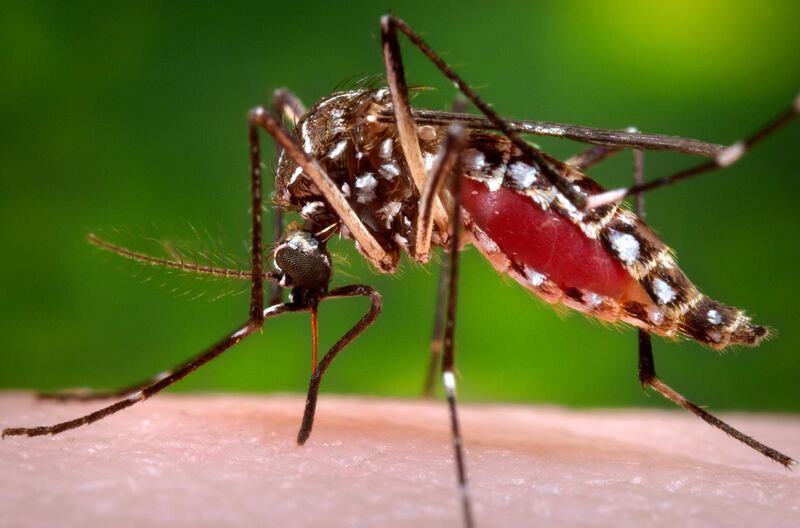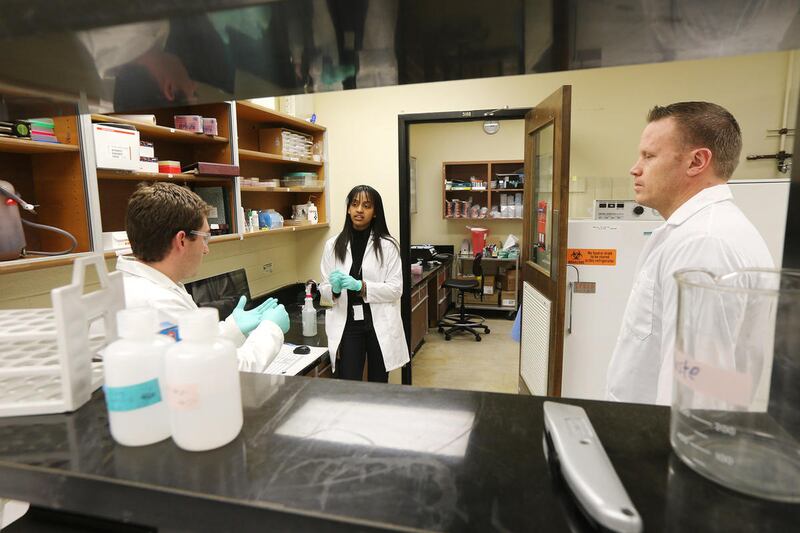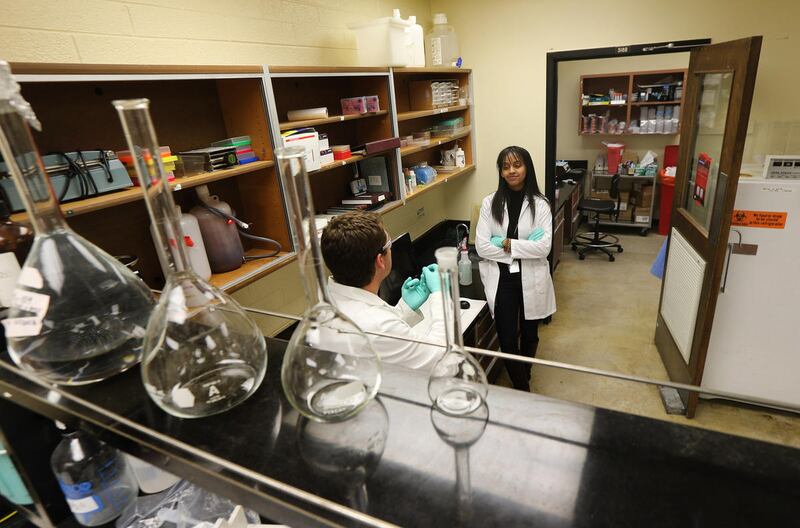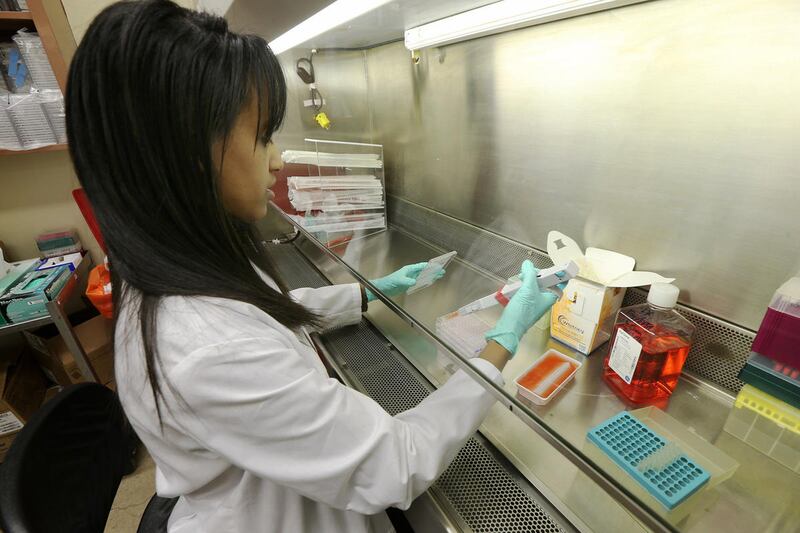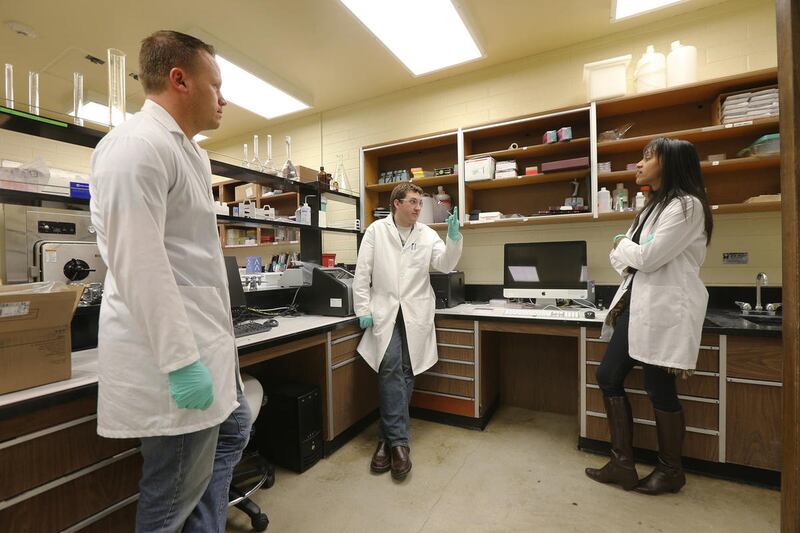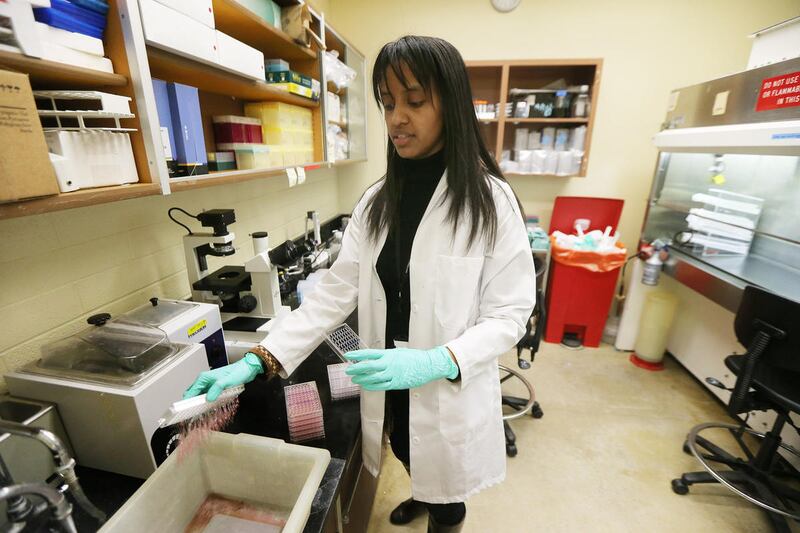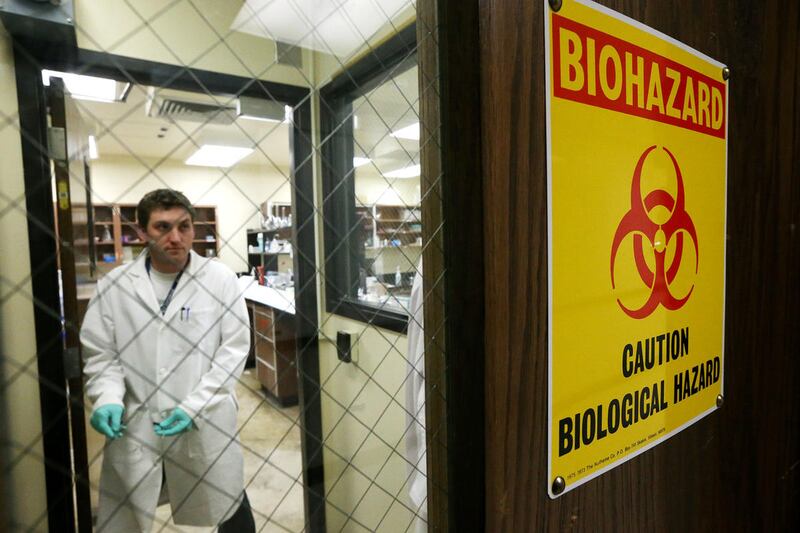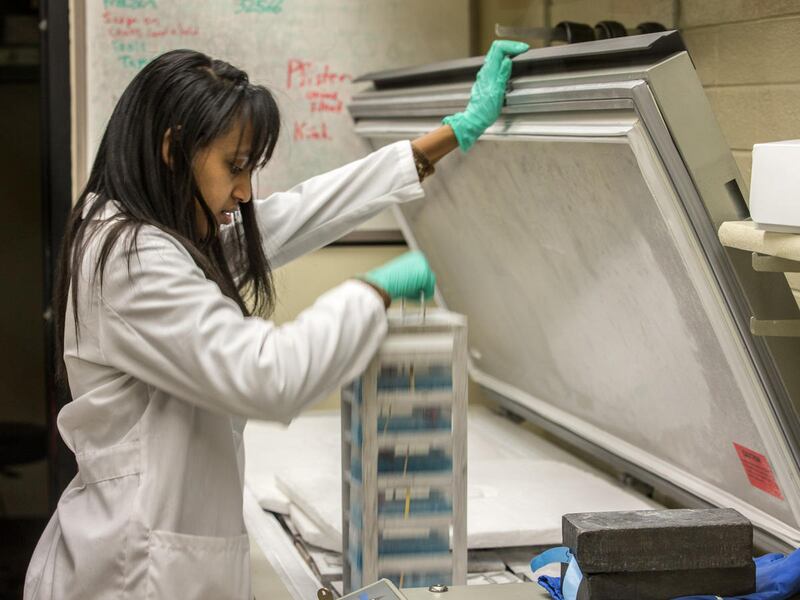SALT LAKE CITY — The first case of Zika virus has been reported in Utah, health officials announced Tuesday.
The patient is a child between 2 and 10 years old who recently traveled to an affected country, according to the Utah Department of Health.
But officials said that shouldn’t be cause for panic.
“The biggest thing is not to be alarmed by Zika,” Utah Department of Health epidemiologist Dallin Peterson said. “There are a lot of people that see ‘Zika’ and get afraid, but for the normal American adult … and youth, symptoms are relatively minor.”
The rise in Zika cases has startled health officials, particularly in Brazil, where the outbreak has been accompanied by a rise in microcephaly — a birth defect in which babies are born with unusually small heads and developmental delays.
The mosquito-borne virus has since been detected in roughly three dozen countries in South America, Central America and the Caribbean.
The risk of a major outbreak in the U.S. is low due to effective mosquito control programs, according to experts. The species of mosquito that carries Zika is not present in many regions of the U.S., including Utah.
The Centers for Disease Control and Prevention has reported 107 travel-associated Zika viruses cases in the U.S. but no locally acquired cases.
For most people, Zika virus will cause mild rash, fever, muscle aches and joint pain, according to Peterson.
It's the rise in cases of mother-to-child transmission, through pregnancy, that concerns health officials.
Peterson said there’s still a lot researchers don’t know about Zika virus, including how it is connected to microcephaly and whether it’s the reason researchers are seeing an uptick in a rare autoimmune disorder called Guillain-Barre Syndrome.
The virus cannot be transmitted through the air or by casual human contact, but there’s strong evidence Zika virus can be spread by a man to his sexual partners, likely through semen, Peterson said.
"There isn't a lot of research on it, but what we do know is there have been cases of sexual transmission — people's spouses arriving home and transmitting the virus to their pregnant spouse who never had foreign travel," he said.
The Utah Department of Health recommends that couples who want to have kids wait three to four months after traveling to be sure the virus is no longer present.
“Try to use those precautions if necessary, be that a condom, be that abstinence,” Peterson said.
He said people concerned about exposure to the virus should contact their physician or the health department to get free testing.
Politicians, researchers and health officials are marshaling resources to tackle the virus, which has no known vaccine or treatment.
At Utah State University, researchers with the Institute for Antiviral Research are among the first to begin trials in hopes of finding a compound that can treat or prevent the blood-borne virus.
Associate research professor Justin Julander said he noticed Zika cases rising last year, and the group’s project manager was one of the first to request funding to tackle it.
“It’s exciting to be on the forefront and kind of have a little bit of a jumpstart,” Julander said. “There’s a lot of great minds working on this.”
Under his direction, Utah State researchers are growing cultures of the virus and hitting them with compounds that have shown promise on similar viruses such as yellow fever and dengue.
In Washington, D.C., Rep. Chris Stewart, R-Utah, is sponsoring legislation that would allow federal agencies to redirect funds from the Ebola crisis to fight the Zika virus.
About $2.7 billion in Ebola funds remain unspent as of January, according to Stewart, who called the blood-borne pathogen a "frightening virus, especially for pregnant women or women hoping to expand their family in the next few years."
The CDC has put travel alerts on many countries in Latin America and the Caribbean, as well as the 2016 Olympics in Rio de Janeiro in Brazil.
For people who do plan to travel to affected areas, travelers should use DEET insect repellent and wear long-sleeve shirts and pants, experts said.
The latest information about Zika virus can be found at www.cdc.gov/zika.
Women who are pregnant and have questions about Zika virus can call the MotherToBaby program at 800-822-2229, text 855-999-3525, or chat live or email www.MotherToBaby.org.
As of Feb. 24, the Centers for Disease Control and Prevention reported 107 travel-associated Zika viruses cases in the U.S. but no locally acquired cases.
Email: dchen@deseretnews.com
Twitter: DaphneChen_

